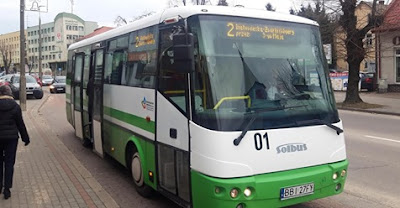Having failed miserably to come up with any arguments against free public transit. The oil-auto-sprawl profiteers have sent agents-provocateur to vandalize public transit and try to make it look like free transit activists are moronic and dangerous.
This plan will also fail.
Here are some tips on how to recognize provocateurs.
This plan will also fail.
Here are some tips on how to recognize provocateurs.























